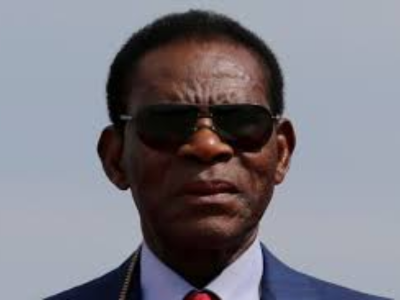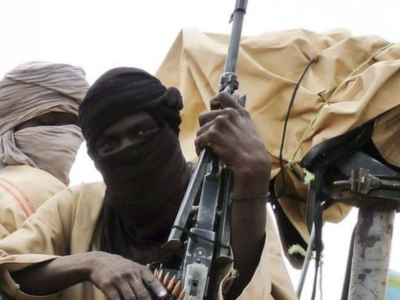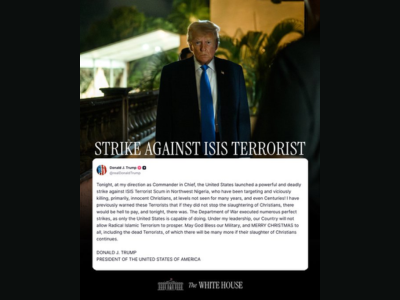South Sudan Indicts Riek Machar on Treason, Murder Amid Civil War Fears
- by Admin.
- Sep 11, 2025

Credit:
South Sudan's Justice Ministry has indicted First Vice President Riek Machar and seven associates on charges of treason, murder, conspiracy, terrorism, destruction of public property, and crimes against humanity, a move that threatens to unravel the country's fragile 2018 peace deal and reignite ethnic tensions in the world's youngest nation.
The charges, announced Thursday, stem from a March attack in Nasir, Upper Nile state, where the White Army—a loose militia of Nuer youths—overran a government garrison, killing more than 250 soldiers and their commanding officer. Justice Minister Joseph Geng Akech stated that investigations revealed the assault was coordinated through military and political networks under Machar's influence as leader of the Sudan People's Liberation Movement/Army-in-Opposition (SPLM/A-IO). Among the co-accused are senior officials, including former Petroleum Minister Puot Kang Chol, with the ministry emphasizing accountability "no matter their position or political influence."
Machar, 72, has been under house arrest since March, when President Salva Kiir's government accused him of subversion. No court date has been set, and his exact location remains undisclosed, though supporters demand his release. Machar's spokesman, Puok Both Baluang, decried the indictment as a "political witch hunt," alleging the judiciary lacks independence and serves Kiir's agenda. Civic activist Edmund Yakani urged proceedings in a "competent court, not a kangaroo court," calling for public access to ensure fairness.
The case exposes cracks in the Revitalized Agreement on the Resolution of the Conflict in South Sudan (R-ARCSS), signed in 2018 after a civil war that killed about 400,000 people and displaced millions. Kiir reappointed Machar as first vice president to share power, but key provisions—like security reforms, elections, and refugee returns—remain unfulfilled, with the transitional period extended to February 2025. Recent clashes between pro-government forces and Machar-linked militias have displaced thousands, worsening famine risks in a nation of 11 million already reeling from economic collapse.
Kiir, a Dinka from the largest ethnic group, and Machar, a Nuer from the second-largest, co-founded the SPLM in the fight for independence from Sudan in 2011. Their rivalry ignited in the 1990s when Machar split off, leading to a Dinka massacre in Bor that bred deep distrust. In 2013, Kiir fired Machar over a suspected coup, sparking war that engulfed Juba and spread nationwide. Regional bodies like IGAD and international partners, including the U.S. and EU, have pressed Juba for dialogue, warning that Machar's detention risks full-scale war.
The government views the charges as upholding the law, but critics argue they consolidate Kiir's power ahead of delayed polls, sidelining Machar—who is positioned as successor under the deal. With sporadic violence ongoing, the indictment tests South Sudan's commitment to reconciliation, as aid groups brace for humanitarian fallout in a country where 7.7 million face acute food insecurity.













0 Comment(s)